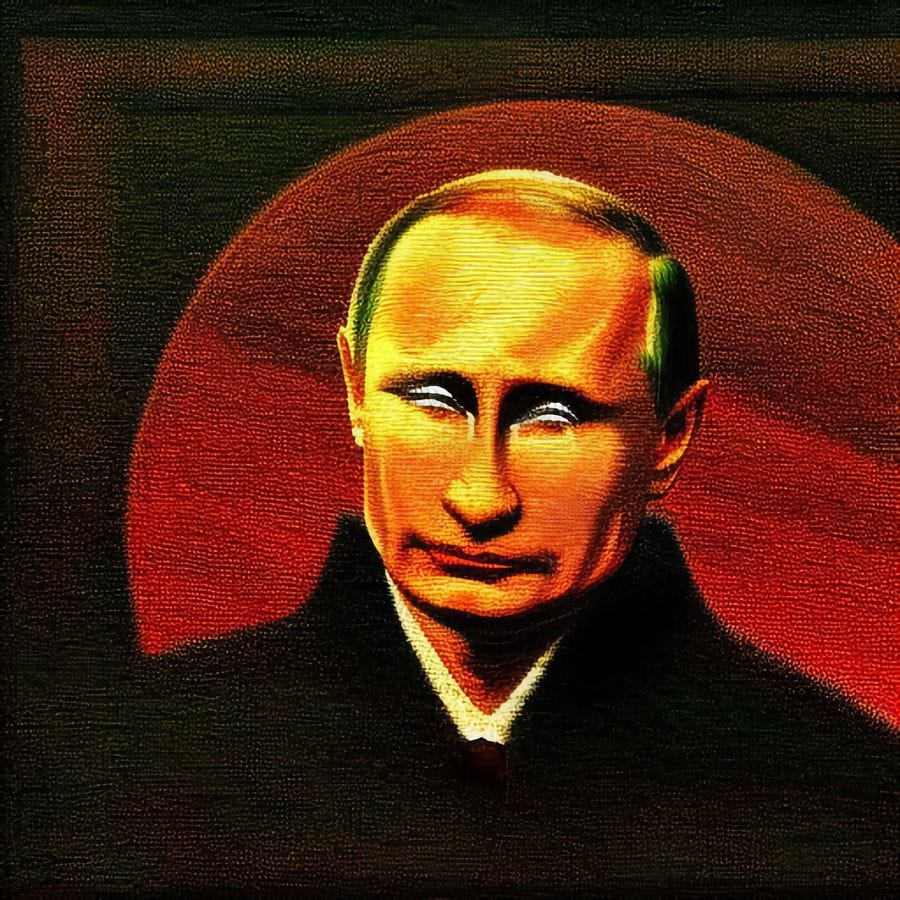Some Unpopular Thoughts on International Justice
There’s only victors’ justice. Everything else is hot air.
On March 17, an arrest warrant was issued for Russian President Vladimir Putin for his allegedly overseeing the deportation of thousands of Ukrainian children to Russia. This set me off on several deep dives into the history of international criminal law and the International Criminal Court (ICC). Regular readers might guess I’m not a big fan of this fi…




